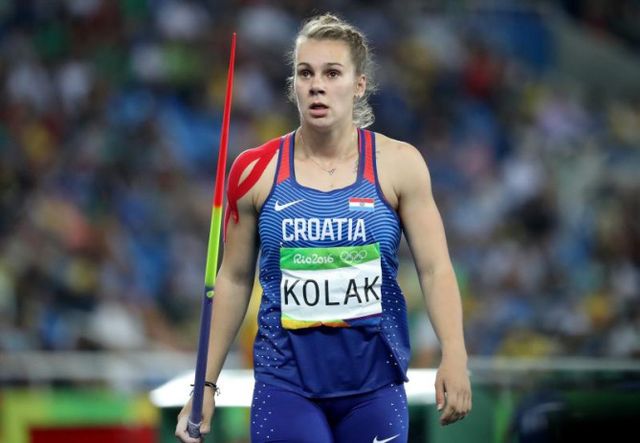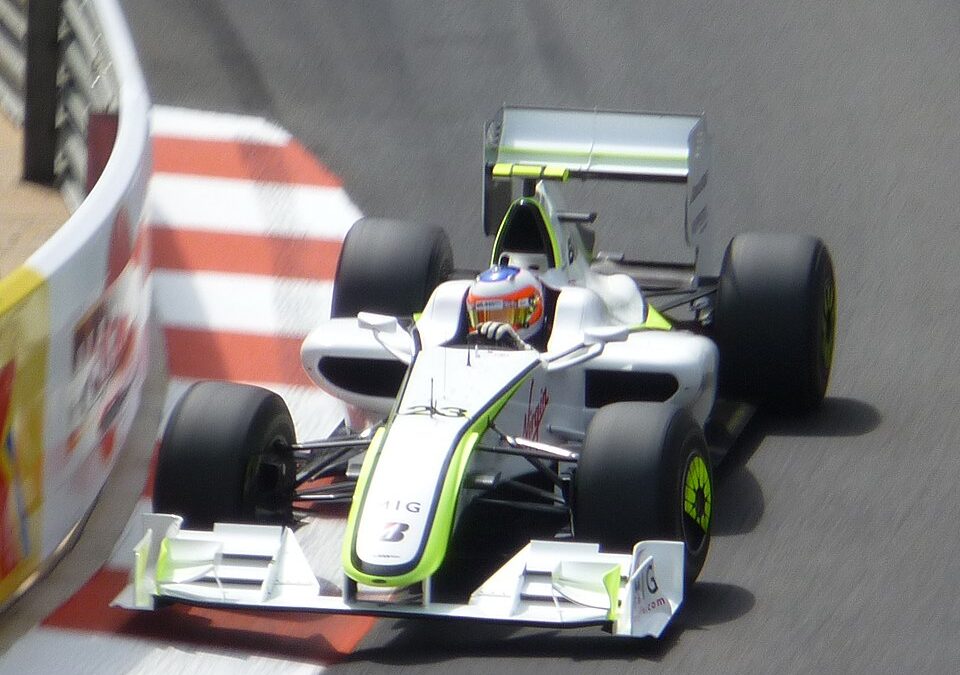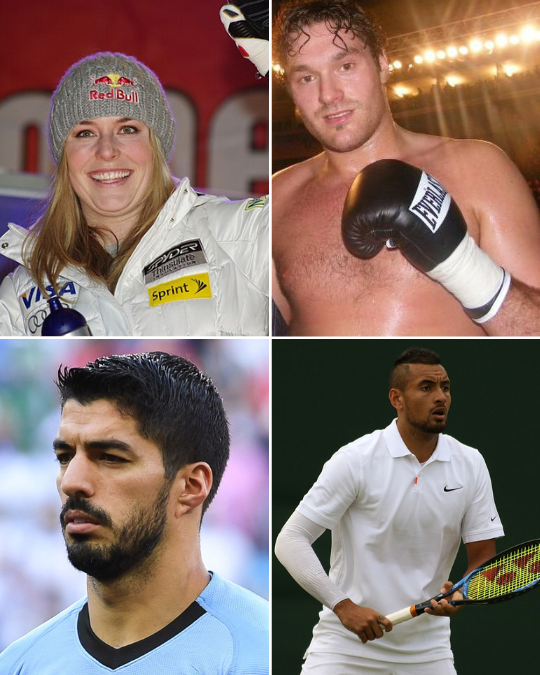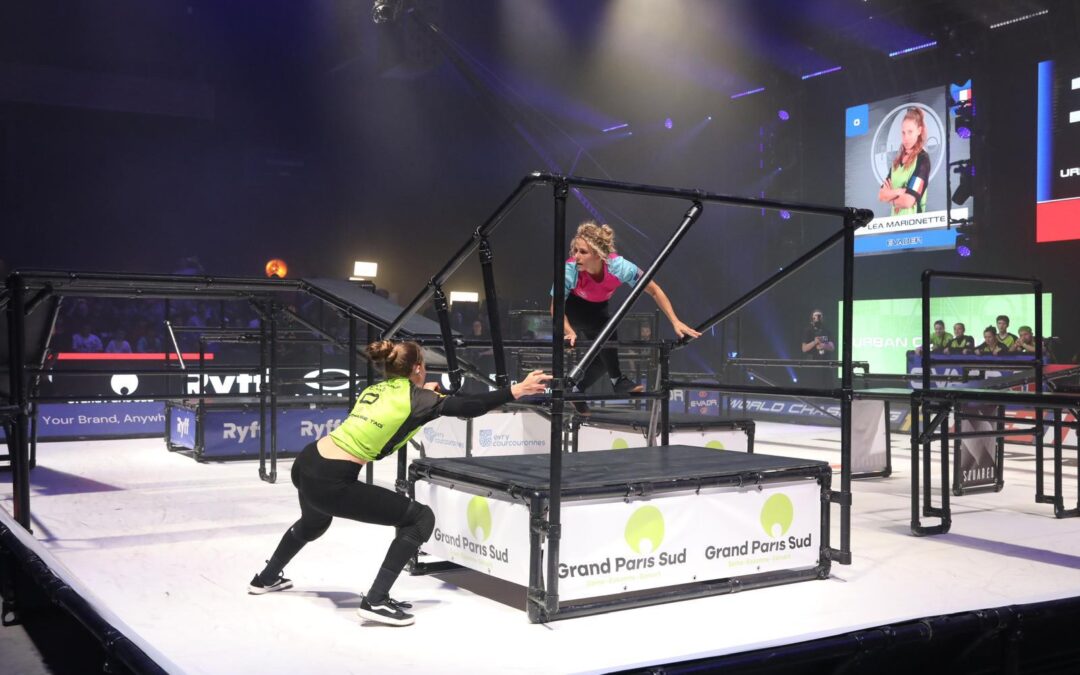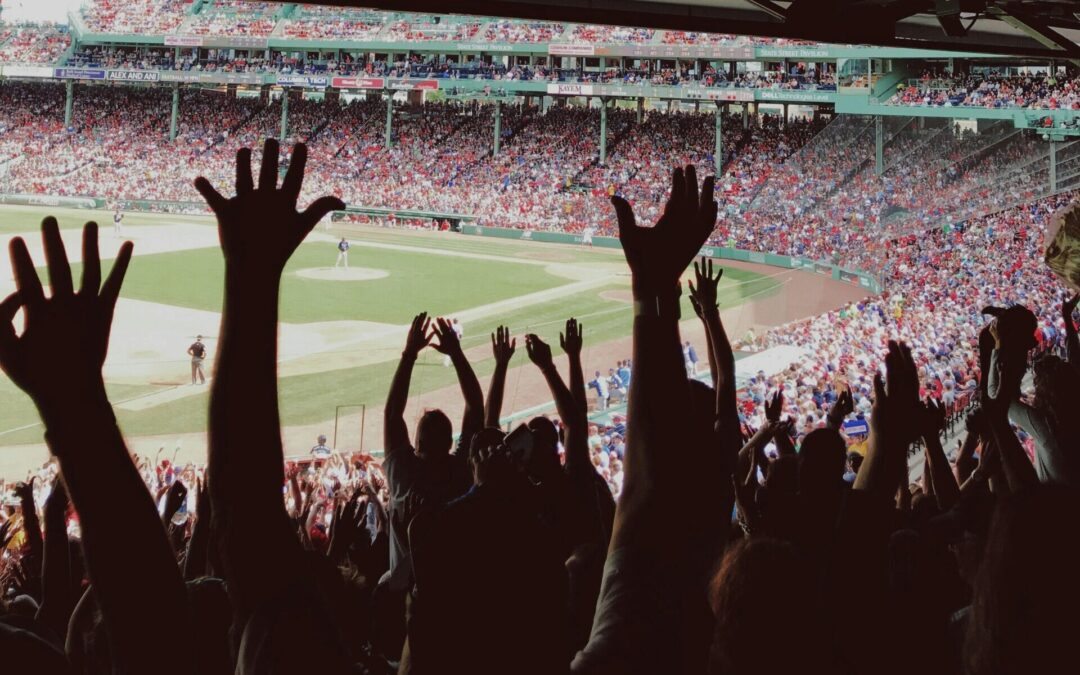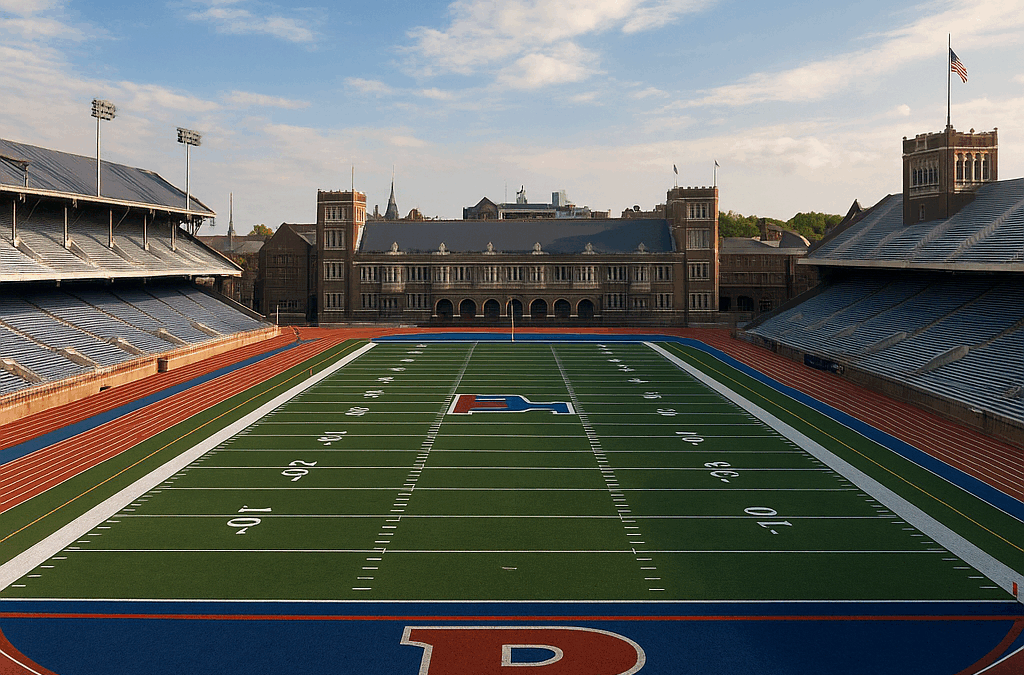How Goran Ivanisevic, written off by everyone, returned to Wimbledon as a wildcard to fulfil his impossible dream of rewriting his own legacy and becoming a champion.
If anyone were to speak about Goran Ivanisevic in the summer days leading up to Wimbledon in 2001, many would have viewed him as a tennis player of the past. Ivanisevic – once ranked number two in the world – had appeared in three Wimbledon finals over his career, losing all three. Fast forward three years after his last final appearance, a mixture of injuries and a drop in performance led to him plummeting down the world rankings – now ranked just 125th in the world.
With his ranking too low to qualify for Wimbledon, the tournament organisers granted Goran a wildcard entry, which many saw only as a sign of respect following his success at previous tournaments. Not even the most optimistic fan expected him to make it far.
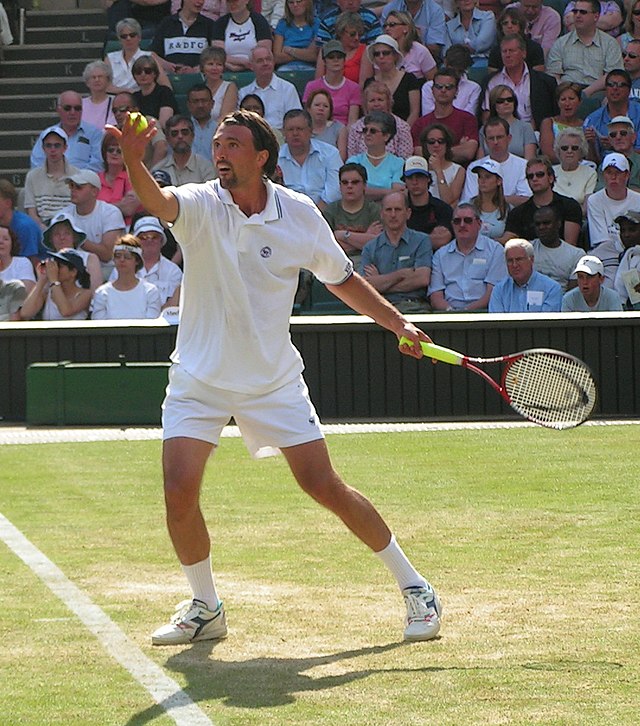
However, two weeks later, Ivanisevic would be crying tears of joy on Centre Court, having completed arguably the greatest underdog story in the history of tennis.
At this stage of his career, Goran knew that he had limited time left before his body gave up on him. Known for his powerful left-handed serves, he was now struggling with a bad shoulder injury and had only won nine games all year.
However, this proved to be no issue as Ivanisevic shocked the London crowds in the first few rounds by defeating former world number one Carlos Moya and future number one Andy Roddick. These impressive wins against tough opponents drew the crowds in to attend Goran’s games.
Speaking to Defiance, London-based tennis coach David Heide says Ivanisevic’s miracle run was due to him approaching the tournament in a different way than in previous years.
“Ivanisevic knew now that he had nothing to lose. I think that opened up a sense of freedom in his mind – he could play his way without any pressure or expectation. Being able to play his best tennis made him a dangerous player again, except this time, myself and everyone else could see he was playing without any weight on his shoulders”.
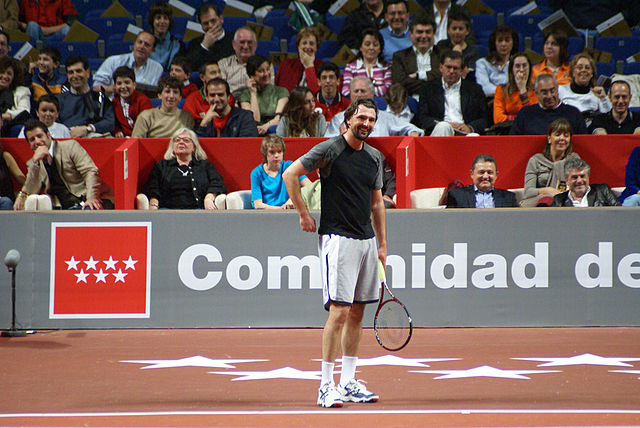
Goran continued to defy all expectations by beating both local boy Greg Rusedski and Marat Safin – the latter ranked third in the world rankings – to advance to the semi-finals. At this point, he was the most talked about man in the competition.
Waiting for him in the semi-finals was Tim Henman, the highest-ranked British player. In front of a sell-out Centre Court, Ivanisevic knew that he would be up against both Henman and the crowd. After both players took a set each, Henman obliterated Ivanisevic 6-0 in just 15 minutes to claim the third set, and to many, it looked like Ivanisevic had gone as far as he could. However, torrential rain set in, forcing the game to be delayed for two days. Almost a new player, Ivanisevic, came back to win the remaining sets to advance to the final.
In the press conference after the game, Goran hailed the rain as ‘his destiny’ and stated that once the game was delayed, he knew he would emerge victorious.
Waiting for Ivanisevic in the final was Patrick Rafter, who was also looking for his first Wimbledon title. A nail-bitingly tight game ended with the match going to a tiebreaker with both players having won two sets – with Ivanisevic triumphing 9-7. Sinking to his knees in tears, he knew that he had achieved his biggest dream after so many setbacks.
“I remember how emotional he looked on the TV”, David says. “Even as a teenager, I knew that this was one of the greatest miracles I would see in my life”.
“Goran Ivanisevic’s story is one of the main reasons why I ended up coaching – that Wimbledon run taught me a lot of things about perseverance. I look at sport a lot differently because of what he accomplished”.
Fast forward to today, Ivanisevic remains the only player to ever win the Wimbledon men’s singles as a wildcard.
